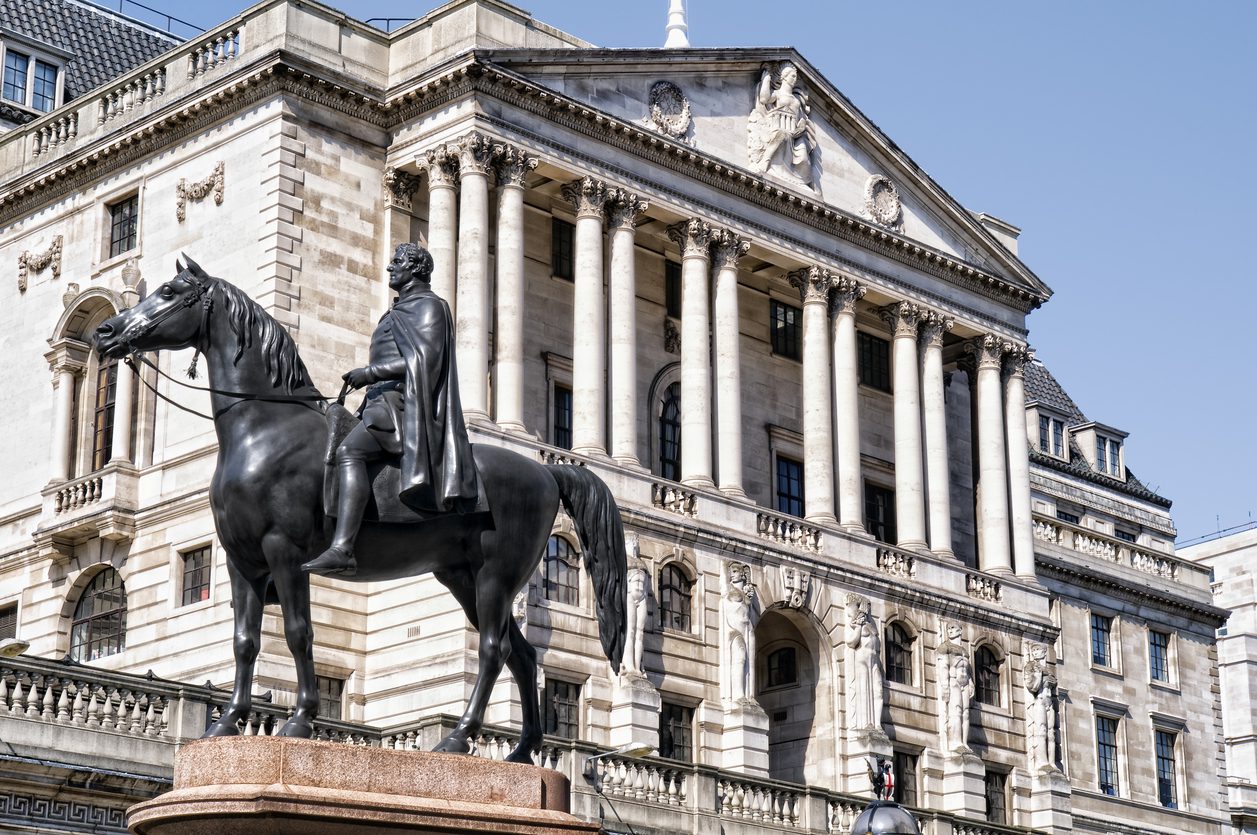Yesterday, the Bank of England announced its first base rate rise since it was dropped to a historic low in March 2020, bringing it from 0.1% to 0.25%. How could this impact mortgages?
The Bank of England’s decision to finally increase the base rate from its all-time low of 0.1% up to 0.25% yesterday was a somewhat controversial one. While rising inflation levels provided a push towards upping the base rate, the new threat of Omicrom could have held the decision back for longer.
Typically, the base rate rise would in turn be reflected in lenders’ standard variable rates and base rate tracker deals. Therefore, borrowers who hold these products may now be advised to look out for how the increase could affect them over the coming weeks or months. Those on fixed rate mortgages, though, will maintain the same payments until the end of their agreed term.
Mortgages remain competitive
Since the start of the pandemic, lenders have been competing to offer borrowers the best deals. The low interest rate environment has seen some exceptionally competitive fixed-rate deals, and cheaper borrowing has been a huge impetus spurring on activity in the housing market.
For homeowners and property investors alike, many would-be cash buyers have instead opted to borrow to buy, to make the most of the savings and leave cash free for further investments. While rates could now start to creep up, Rachel Springall from Moneyfacts has some advice.
“Borrowers sitting on their standard variable rate (SVR) may see their rate rise within a month or perhaps within the next three months, depending on their lender,” she comments.
“The difference between the average two-year fixed mortgage rate and SVR stands at 2.06%, and the cost savings to switch from 4.40% to 2.34% is a difference of £5,250 over two years* approximately. A rise of 0.15% on the current SVR of 4.40% would add £408* approximately onto monthly repayments over two years.”
How property owners can manage an interest rate rise
According to Brian Murphy, head of lettings at Mortgage Advice Bureau, there are some things you can do to deal with increasing rates.
First, he recommends locking into a fixed rate mortgage. He says these mortgages can offer a “temporary safe haven” against rising interest rates in the near future, as it is guaranteed for a set length of time. For those remortgaging, he says: “Make sure to speak to your lender about your mortgage terms as there may be exit fees or early repayment charges to consider.”
He also advises moving quickly before lenders start to hitch up their rates. He adds that shopping around for the best deal, potentially with the help of a broker, can also be a wise idea. Finally, overpaying on your mortgage when possible, and within the limits of your agreement, can reduce the amount you pay overall.
Will lenders remove rate rise stress test?
After the 2007/2008 financial crisis, the Bank of England brought in more stringent mortgage borrowing criteria for lenders, and stricter affordability checks and stress tests became part of a mortgage application. This was in 2014, and the Bank of England is now consulting on removing the stress test.
In order to check that property buyers can afford future repayments, lenders currently assess whether they could pay back their loan with a hypothetical additional 3% added to the bank’s standard variable rate. This is to allow for any future interest rate rises, to ensure borrowers are less likely to default on mortgage payments. This is also based on a scenario where the borrower reverts to the lender’s more expensive standard variable rate at the end of their fixed rate term.
If this additional 3% ‘test’ is reduced, it would make it easier for people to secure mortgages to buy property in the UK.
Scott Taylor-Barr, financial adviser at Carl Summers Financial Services, comments: “In reality most people would either switch to a new deal with their lender, or remortgage elsewhere. It is an unrealistic scenario, so a move to a lower stress test makes it a little more real world, and more in keeping with the way the market is working currently, which is a good thing.”









